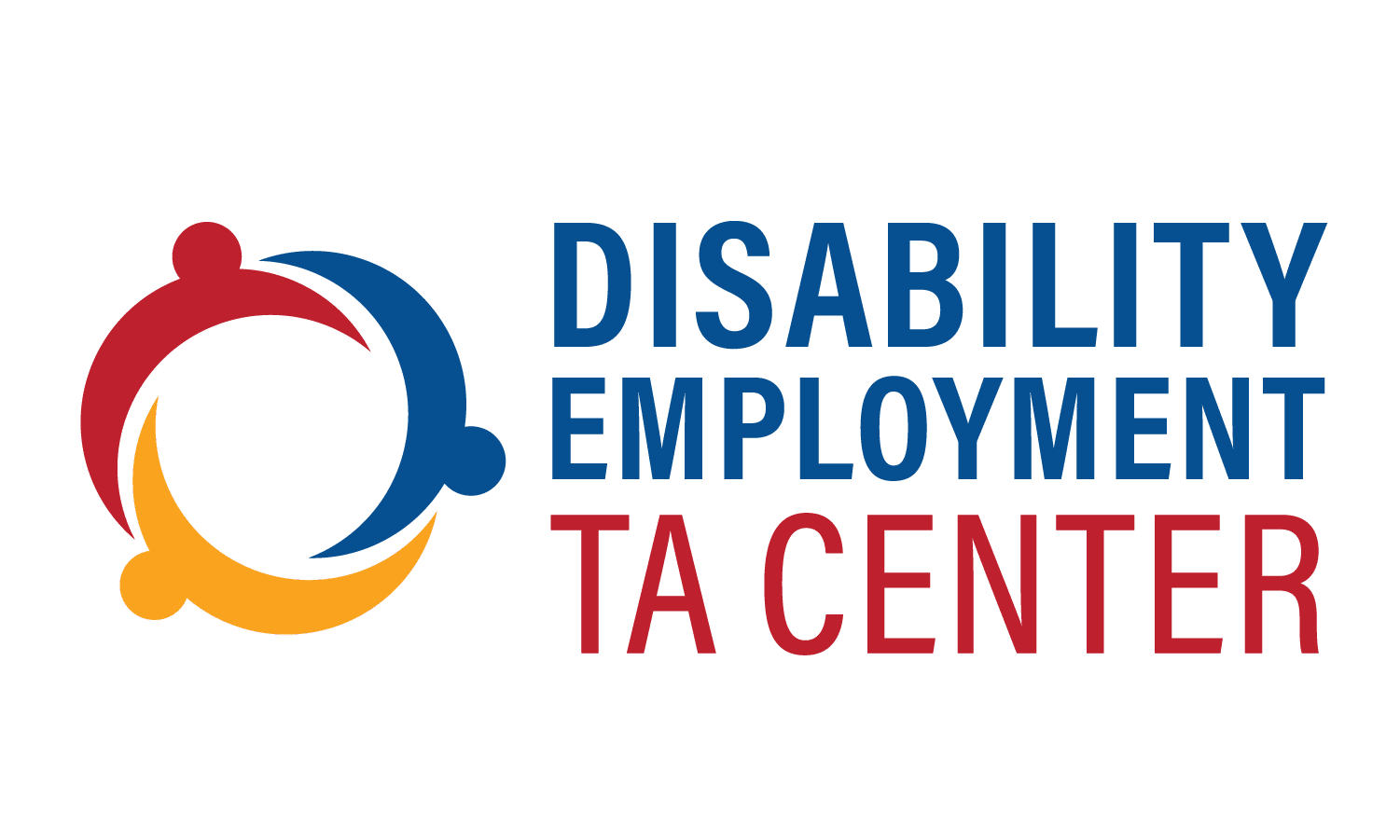Webinar Date: May 9, 2023 | Time: 3:00 pm to 4:00 pm EST
Brain injury can cause temporary or long-term cognitive, emotional, and physical challenges, impacting a person’s ability to think, learn, remember, move, act, and feel. Each brain injury is as unique as the person who sustains the injury and may interfere with their ability to find and maintain work. Brain injury is also a “hidden disability;” challenges go unseen, discounted, or forgotten, which also impacts job performance. TBI can create the need for social and emotional supports within and outside of work. However, individuals with brain injury can be successful at starting or returning to work with the right support, preparation, and alignment of abilities and skills to employment opportunities.
Assistive technology (AT) plays a critical role in employment success. Low and high-tech options and resources are abundant, but it is important to have an AT navigator at the helm to guide best practice and application for these supports. During this webinar, participants learnt how AT programs assess specific sensory, physical, social, emotional, and cognitive challenges. The process for analyzing, determining, and providing support before work begins, or during job retention, to individuals, employment staff and businesses across the US was shared. Case examples of how and when AT is applied to help individuals with brain injury was shared and reviewed. Resources and program information was also be disseminated.


